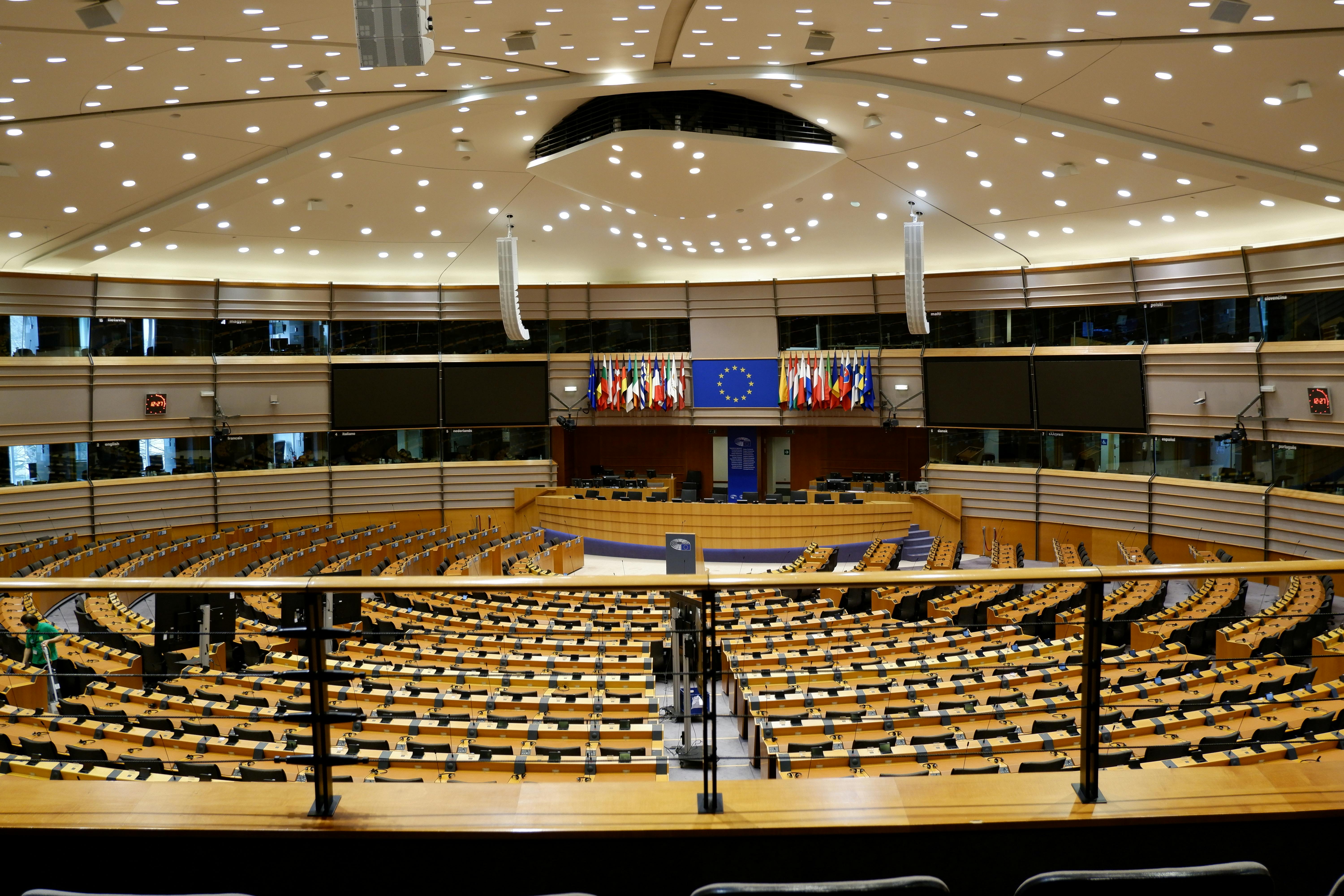Examining the EU's Future: Conference on Values, Actions, and Challenges
The Law Faculty of Maastricht University, in collaboration with Studio Europa, hosts an academic conference focusing on the upcoming new term of the European Parliament and European Commission. The conference will take place on 20 and 21 June. Seeking to examine the alignment between the EU's grand narratives—its values, agenda, and ambitions—and its actual legislation, actions, and on-the-ground impact, the conference will reflect on the challenges of the next political mandate starting in 2024.
In recent years, the EU has pursued initiatives to build a resilient Europe amid economic difficulties and continental conflict, strive for a greener economy, defend common European values, and empower citizens in shaping the EU's future. Key achievements include the creation of NextGenerationEU for recovery, a coordinated response to the Ukraine conflict, legislation for 2030 climate targets, legal action against breaches of EU values, and the citizen-led Conference on the Future of Europe. However, the EU has faced challenges such as political divisions, dominance of certain interests, lack of solidarity, and distrust in the EU institutions' impartiality and effectiveness, raising questions about its strategic agenda.
The conference will delve into these issues through four themes: institutional change, environmental protection, borders and membership, and inequality and cohesion. The interdisciplinary approach aims to analyse the gap between the EU's aspirations and its real-world outcomes, establishing a dialogue between academics and practitioners across multiple disciplines.
Inspiring keynote speaker
As part of the opening of the conference, European Ombudsman Emily O’Reilly will give a keynote presentation.
The European Ombudsman is an independent and impartial body that holds the EU’s institutions and agencies to account, and promotes good administration. The Ombudsman helps people, businesses, and organisations facing problems with the EU’s administration by investigating complaints about maladministration by EU institutions and bodies, as well as by proactively looking into broader systemic issues.
More information and registration
See this page for more information about the event and the full programme. You can still register for this event at our faculty.
Also read
-
The competition is open to all students registered for a LLM programme in Maastricht who submits their thesis in the academic year 2023-2024.
-
On 6 June 2024, the Globalisation & Law Network held a seminar featuring Dr. Christina Eckes, Professor of European Law at the University of Amsterdam.
-
On 22 May 2024, the Globalisation & Law Network had the pleasure of welcoming Professor Ulf Linderfalk, who presented his monograph 'The International Legal System as a System of Knowledge' (Edward Elgar, 2022).


